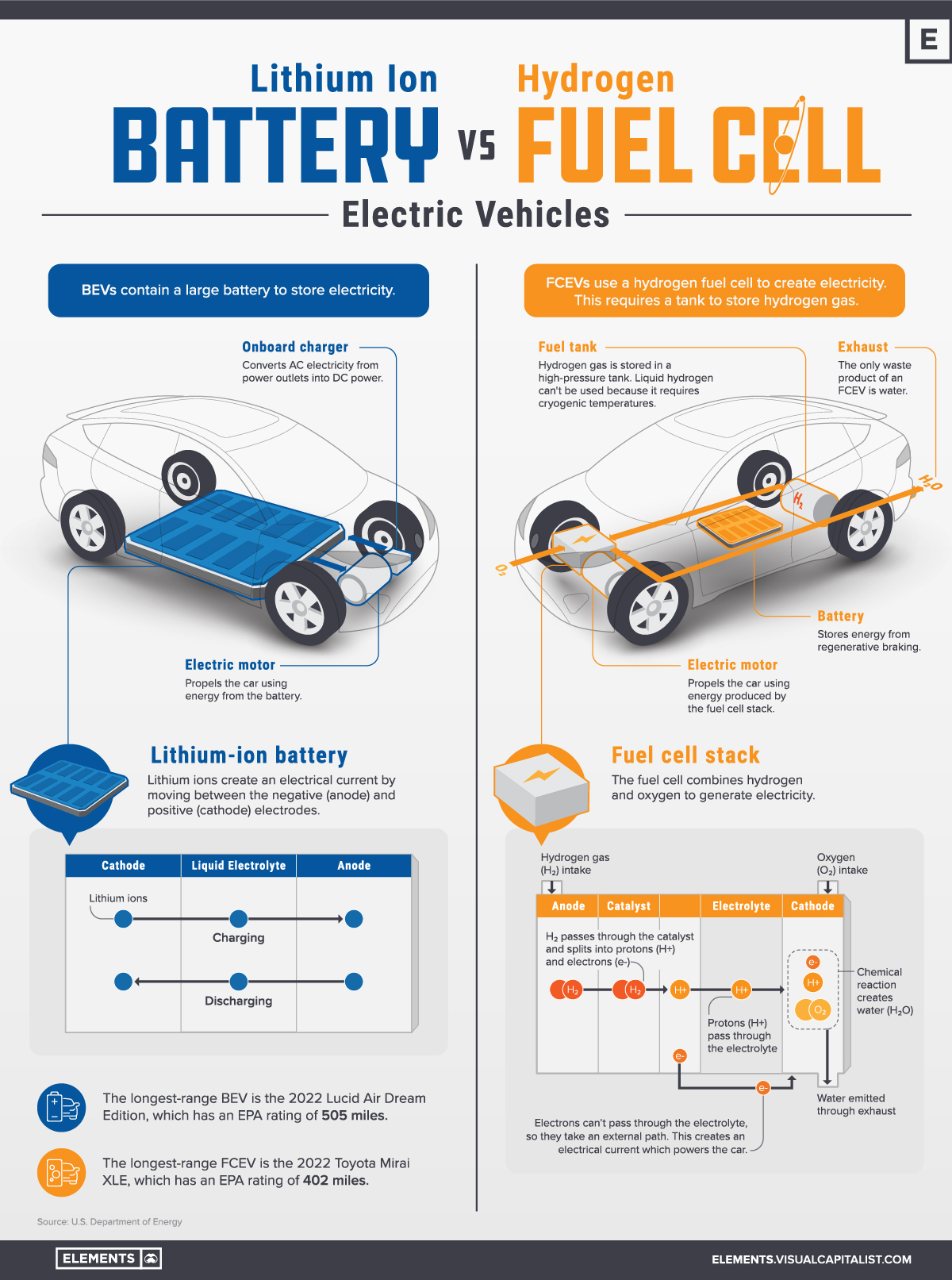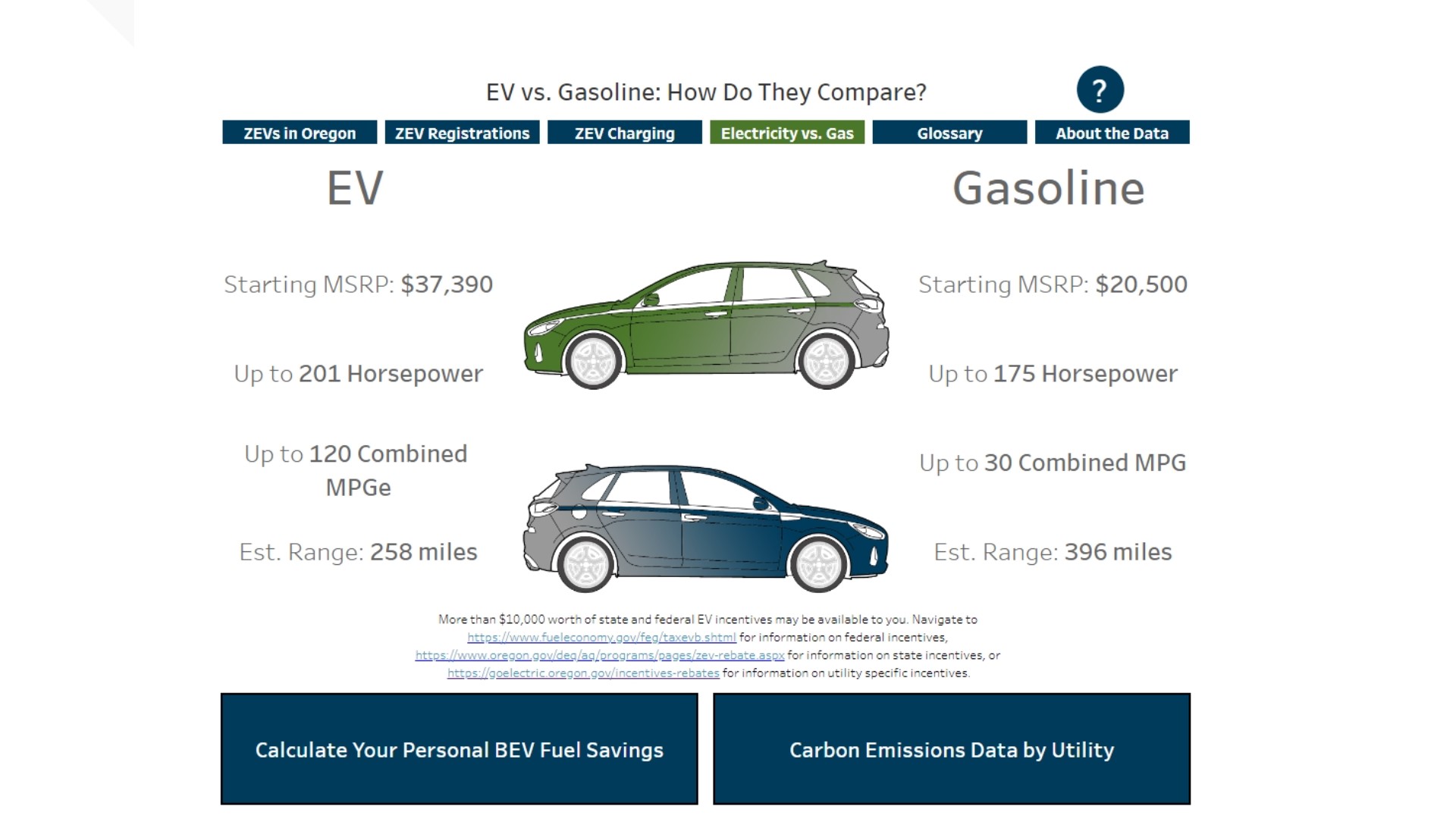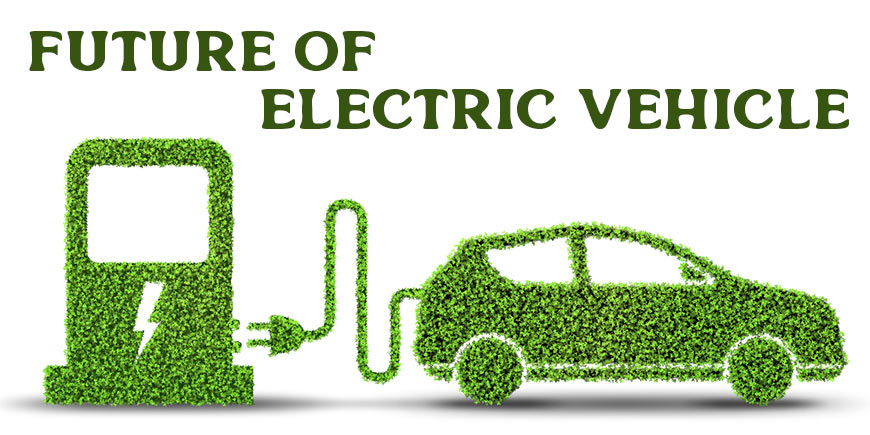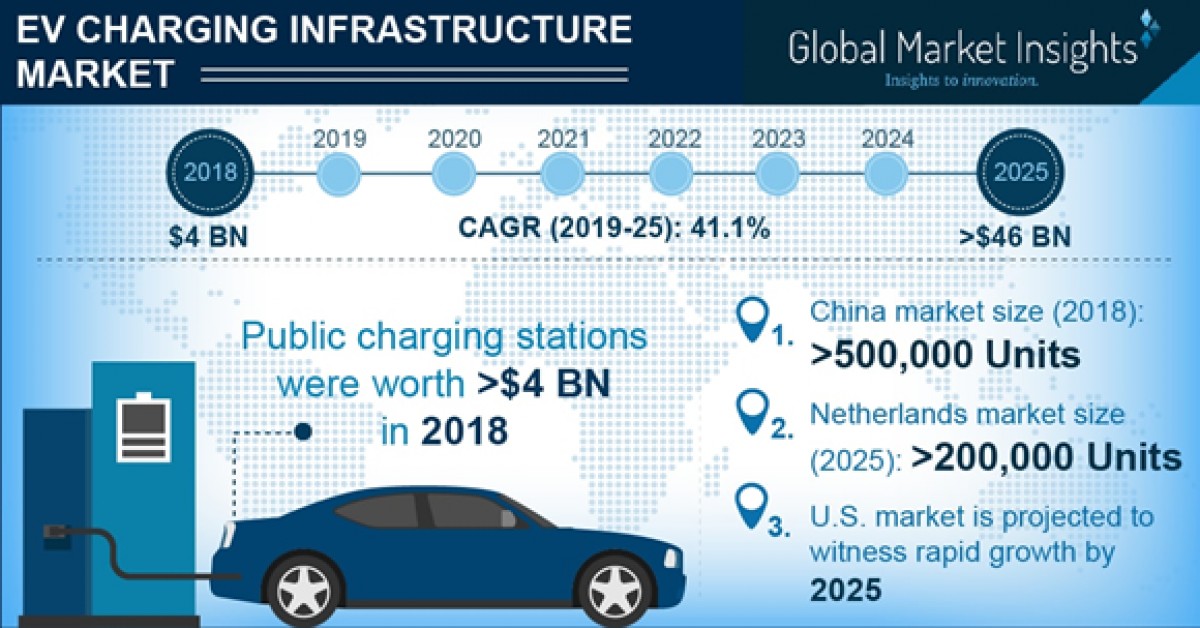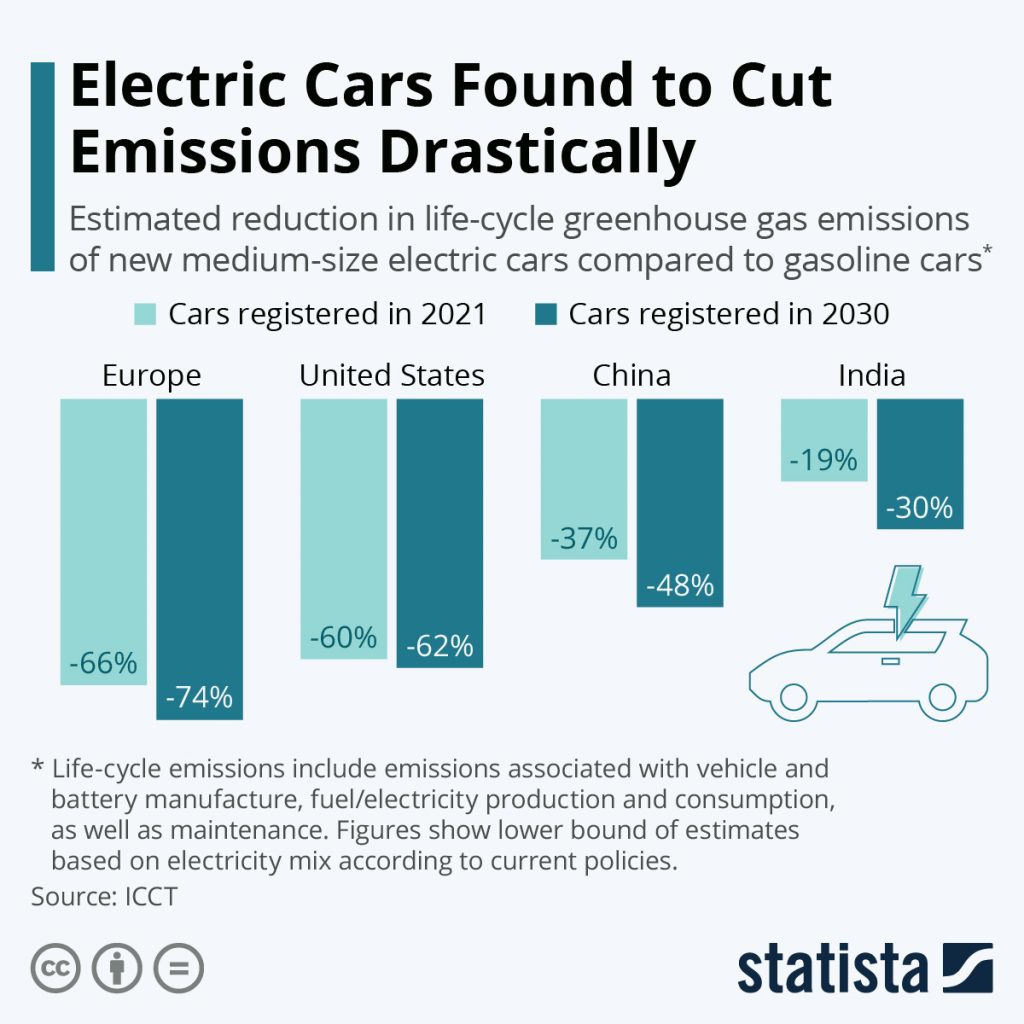Unlocking the Potential of Electric Vehicles: The Importance of Energy Efficiency
As the world shifts towards a more sustainable future, electric vehicles (EVs) are becoming an increasingly important part of the transportation landscape. However, the widespread adoption of EVs is contingent upon their ability to achieve optimal energy efficiency. Electric vehicle energy efficiency startups are playing a crucial role in this endeavor, working tirelessly to develop innovative solutions that reduce energy consumption, lower emissions, and provide cost savings.
Energy efficiency is a critical factor in the success of EVs, as it directly impacts their range, performance, and overall viability. By minimizing energy waste and maximizing energy output, EVs can travel farther on a single charge, reducing the need for frequent recharging and making them a more practical option for daily use. Furthermore, energy-efficient EVs produce fewer emissions, contributing to a cleaner environment and a healthier planet.
The benefits of energy efficiency in EVs extend beyond environmental advantages, as they also have a significant impact on the bottom line. By reducing energy consumption, EV owners can save money on fuel costs, making them a more attractive option for budget-conscious consumers. Additionally, energy-efficient EVs require less maintenance, as they generate less heat and stress on the vehicle’s components, resulting in a longer lifespan and reduced repair costs.
As the demand for EVs continues to grow, electric vehicle energy efficiency startups are poised to play a vital role in shaping the future of the industry. By developing innovative solutions that prioritize energy efficiency, these startups are helping to drive the widespread adoption of EVs and create a more sustainable transportation ecosystem. As the world becomes increasingly dependent on EVs, the importance of energy efficiency will only continue to grow, making it an exciting and rapidly evolving field for startups to explore.
How to Improve Electric Vehicle Energy Efficiency: Key Technologies and Innovations
Electric vehicle energy efficiency startups are leveraging a range of innovative technologies to improve the energy efficiency of electric vehicles. One key area of focus is advanced battery management systems, which enable more efficient charging and discharging of batteries. Companies like Nuvation Energy and Voltaiq are developing sophisticated battery management systems that can optimize energy storage and reduce waste.
Regenerative braking is another technology that is being used to improve electric vehicle energy efficiency. This technology captures kinetic energy and converts it into electrical energy, which can then be used to recharge the battery. Startups like Skeleton Technologies and Capricorn Investment Group are working on advanced regenerative braking systems that can significantly improve energy efficiency.
Lightweight materials are also being used to improve electric vehicle energy efficiency. By reducing the weight of the vehicle, manufacturers can reduce energy consumption and improve overall efficiency. Companies like Carbon Revolution and Benteler International are developing innovative lightweight materials that can be used in electric vehicle production.
Other startups are focusing on developing more efficient electric motors and power electronics. Companies like Protean Electric and Efficient Drivetrains are working on advanced motor technologies that can improve energy efficiency and reduce waste.
These are just a few examples of the many innovative technologies being developed by electric vehicle energy efficiency startups. By leveraging these technologies, manufacturers can improve the energy efficiency of electric vehicles, reduce emissions, and make them more attractive to consumers.
Top Electric Vehicle Energy Efficiency Startups to Watch
Several electric vehicle energy efficiency startups are making significant contributions to the industry, and are worth keeping an eye on. One such company is Tesla, which has been a pioneer in the electric vehicle market. Tesla’s mission is to accelerate the world’s transition to sustainable energy, and its products and innovations are focused on achieving this goal.
Lucid Motors is another startup that is making waves in the electric vehicle energy efficiency space. The company’s mission is to create a new standard for electric vehicles, with a focus on performance, efficiency, and sustainability. Lucid Motors’ products include the Lucid Air, a luxury electric sedan that boasts an impressive range and performance.
Rimac Automobili is a Croatian startup that is known for its high-performance electric vehicles. The company’s mission is to create a new generation of electric vehicles that are both efficient and exciting to drive. Rimac Automobili’s products include the Rimac C_Two, a high-performance electric supercar that boasts an impressive range and acceleration.
Other notable electric vehicle energy efficiency startups include NIO, which is a Chinese company that is focused on creating a new generation of electric vehicles that are both efficient and sustainable. NIO’s products include the NIO ES6, a luxury electric SUV that boasts an impressive range and performance.
These startups, along with several others, are helping to drive innovation and progress in the electric vehicle energy efficiency space. By developing new technologies and products that are both efficient and sustainable, these startups are helping to create a more sustainable transportation future.
Optimizing Electric Vehicle Energy Efficiency: The Role of Data Analytics and AI
Data analytics and artificial intelligence (AI) are playing an increasingly important role in optimizing electric vehicle energy efficiency. By leveraging these technologies, electric vehicle energy efficiency startups can gain valuable insights into energy consumption patterns, identify areas for improvement, and develop more efficient systems.
One key application of data analytics and AI in electric vehicle energy efficiency is predictive maintenance. By analyzing data from sensors and other sources, startups can identify potential maintenance issues before they become major problems, reducing downtime and improving overall efficiency. Companies like Uptake and Petasense are working on predictive maintenance solutions for electric vehicles.
Route optimization is another area where data analytics and AI can make a significant impact. By analyzing traffic patterns, road conditions, and other factors, startups can develop more efficient routes for electric vehicles, reducing energy consumption and lowering emissions. Companies like RouteXL and OptimoRoute are working on route optimization solutions for electric vehicles.
Energy consumption forecasting is also an important application of data analytics and AI in electric vehicle energy efficiency. By analyzing historical data and other factors, startups can predict energy consumption patterns, allowing them to optimize energy storage and reduce waste. Companies like EnergyHub and Sense are working on energy consumption forecasting solutions for electric vehicles.
These are just a few examples of how data analytics and AI are being used to optimize electric vehicle energy efficiency. As the technology continues to evolve, we can expect to see even more innovative solutions emerge, driving further improvements in energy efficiency and sustainability.
Electric Vehicle Energy Efficiency: A Key Factor in Reducing Carbon Emissions
Electric vehicle energy efficiency is a critical factor in reducing carbon emissions and mitigating climate change. As the world transitions to a more sustainable transportation system, energy-efficient electric vehicles will play a vital role in reducing greenhouse gas emissions and improving air quality.
According to the International Energy Agency (IEA), the transportation sector accounts for nearly 30% of global carbon emissions. Electric vehicles have the potential to significantly reduce these emissions, but only if they are designed and manufactured with energy efficiency in mind. Electric vehicle energy efficiency startups are working to develop innovative solutions that can help reduce energy consumption and lower emissions.
Energy-efficient electric vehicles can help achieve a sustainable transportation future in several ways. First, they can reduce energy consumption, which in turn reduces greenhouse gas emissions. Second, they can improve air quality by reducing emissions of pollutants such as particulate matter and nitrogen oxides. Finally, they can help to reduce dependence on fossil fuels, which are a major contributor to climate change.
Electric vehicle energy efficiency startups are playing a key role in developing innovative solutions that can help reduce carbon emissions. For example, companies like Tesla and Lucid Motors are developing energy-efficient electric vehicles that can travel long distances on a single charge. Other startups, such as Rimac Automobili, are developing high-performance electric vehicles that can accelerate quickly and efficiently.
As the demand for electric vehicles continues to grow, electric vehicle energy efficiency startups will play an increasingly important role in reducing carbon emissions and mitigating climate change. By developing innovative solutions that prioritize energy efficiency, these startups can help to create a more sustainable transportation future.
Challenges and Opportunities in Electric Vehicle Energy Efficiency
Despite the many benefits of electric vehicle energy efficiency, there are still several challenges that need to be addressed. One of the main challenges is the need for standardization in the industry. With so many different types of electric vehicles on the market, it can be difficult to develop standardized solutions that can be applied across the board.
Another challenge is the need for infrastructure development. In order for electric vehicles to become more widely adopted, there needs to be a significant investment in charging infrastructure. This includes the development of fast-charging stations, as well as the installation of charging points in homes and businesses.
Public education is also a major challenge in the electric vehicle energy efficiency space. Many consumers are still unaware of the benefits of electric vehicles, and may be hesitant to adopt this technology due to concerns about range anxiety or charging times.
Despite these challenges, there are also many opportunities for electric vehicle energy efficiency startups to capitalize on. One of the main opportunities is the growing demand for electric vehicles. As more and more consumers become aware of the benefits of electric vehicles, the demand for these vehicles is likely to increase, creating a large market for electric vehicle energy efficiency startups to tap into.
Another opportunity is the development of new technologies that can improve electric vehicle energy efficiency. This includes the development of advanced battery management systems, as well as the use of lightweight materials and regenerative braking.
Electric vehicle energy efficiency startups can also capitalize on the trend towards sustainable transportation. As consumers become more aware of the environmental impact of their transportation choices, they are likely to seek out more sustainable options, such as electric vehicles.
Overall, while there are certainly challenges in the electric vehicle energy efficiency space, there are also many opportunities for startups to capitalize on. By developing innovative solutions that address the challenges in this space, electric vehicle energy efficiency startups can help to drive the adoption of electric vehicles and create a more sustainable transportation future.
Investing in Electric Vehicle Energy Efficiency Startups: A Growing Trend
Investing in electric vehicle energy efficiency startups is becoming a growing trend, as more and more investors recognize the potential for growth and returns in this space. Venture capital firms, private equity firms, and angel investors are all taking notice of the innovative solutions being developed by electric vehicle energy efficiency startups.
One of the main types of investors in electric vehicle energy efficiency startups is venture capital firms. These firms are providing funding to startups that are developing innovative technologies and solutions for electric vehicle energy efficiency. For example, venture capital firm, Khosla Ventures, has invested in several electric vehicle energy efficiency startups, including Proterra and ChargePoint.
Private equity firms are also investing in electric vehicle energy efficiency startups. These firms are providing funding to startups that are looking to scale their operations and expand their reach. For example, private equity firm, KKR, has invested in electric vehicle energy efficiency startup, NIO.
Angel investors are also playing a significant role in investing in electric vehicle energy efficiency startups. These investors are providing funding to startups that are in the early stages of development and are looking to get off the ground. For example, angel investor, Tim Draper, has invested in several electric vehicle energy efficiency startups, including Tesla and Lucid Motors.
Notable deals in the electric vehicle energy efficiency space include the investment by Volkswagen in electric vehicle energy efficiency startup, QuantumScape, and the investment by BMW in electric vehicle energy efficiency startup, Solid Power.
Investors can benefit from the growth of the electric vehicle market by investing in electric vehicle energy efficiency startups. These startups are developing innovative solutions that are helping to drive the adoption of electric vehicles and reduce greenhouse gas emissions.
By investing in electric vehicle energy efficiency startups, investors can gain exposure to the growing electric vehicle market and potentially earn significant returns on their investment. Additionally, investors can help to support the development of innovative solutions that are helping to drive the transition to a more sustainable transportation system.
The Future of Electric Vehicle Energy Efficiency: Trends and Predictions
The future of electric vehicle energy efficiency is exciting and rapidly evolving. As technology continues to advance, we can expect to see even more innovative solutions emerge that will help to drive the adoption of electric vehicles and reduce greenhouse gas emissions.
One trend that is expected to continue in the future is the development of more advanced battery management systems. These systems will enable electric vehicles to travel even farther on a single charge, making them more practical for long-distance driving.
Another trend that is expected to emerge is the increased use of artificial intelligence and machine learning in electric vehicle energy efficiency. These technologies will enable electric vehicles to optimize their energy consumption in real-time, reducing waste and improving overall efficiency.
Regenerative braking is also expected to become more widespread in the future, as it enables electric vehicles to capture kinetic energy and convert it into electrical energy. This technology has the potential to significantly improve electric vehicle energy efficiency and reduce greenhouse gas emissions.
Lightweight materials are also expected to play a major role in the future of electric vehicle energy efficiency. These materials will enable electric vehicles to be designed and manufactured with reduced weight, improving their overall efficiency and reducing their environmental impact.
Electric vehicle energy efficiency startups will continue to play a major role in driving innovation in this space. By developing new technologies and solutions, these startups will help to drive the adoption of electric vehicles and reduce greenhouse gas emissions.
As the electric vehicle market continues to grow, we can expect to see even more investment in electric vehicle energy efficiency startups. This investment will help to drive innovation and support the development of new technologies and solutions.
Overall, the future of electric vehicle energy efficiency is bright and exciting. With the development of new technologies and solutions, we can expect to see even more innovation and growth in this space.


